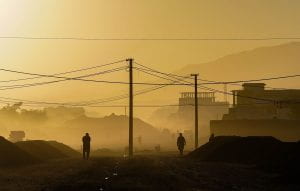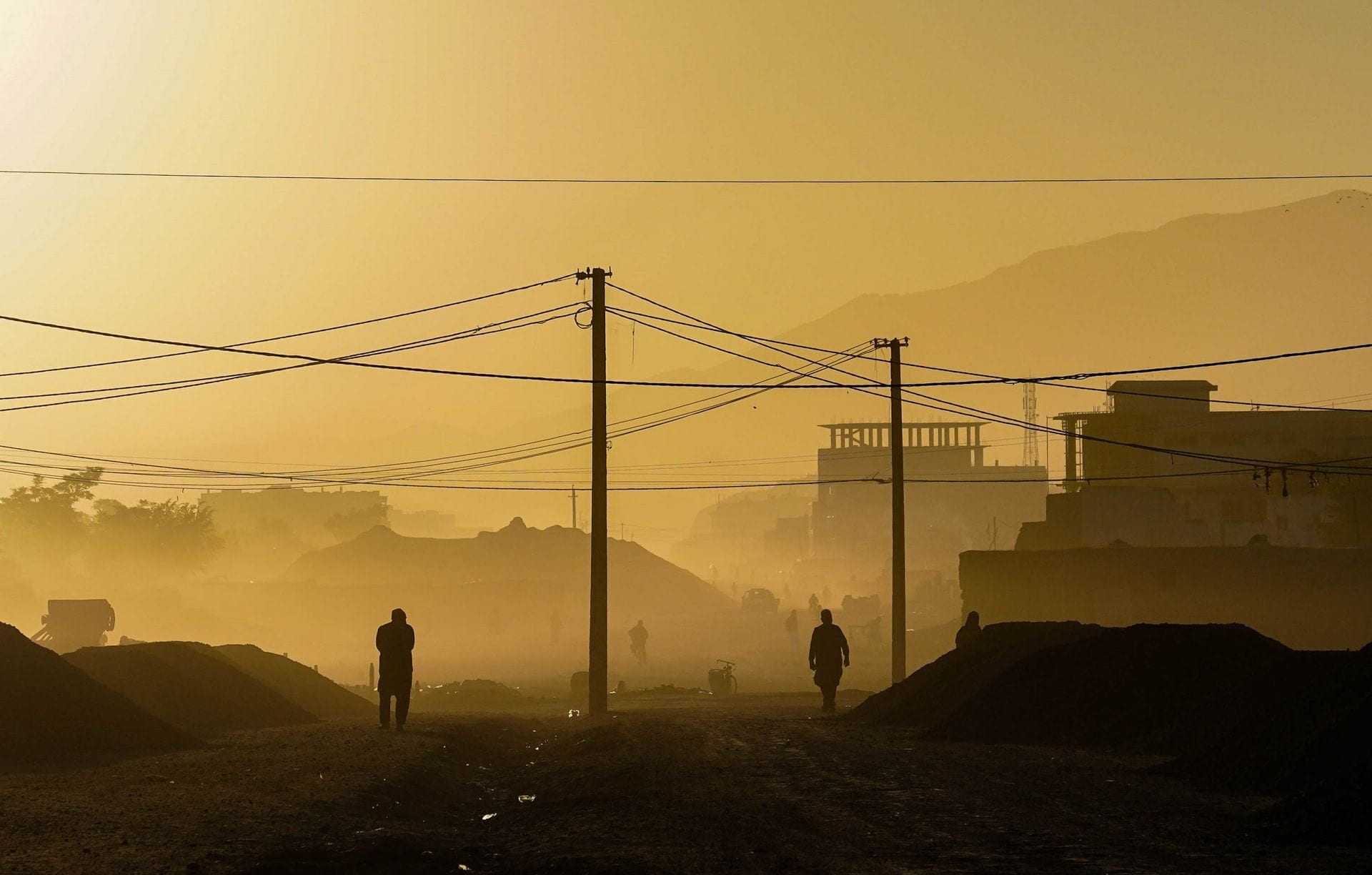In the literary classic depicting the aftermath of the French Revolution, Les Miserables, lead character Jean Valjean is sentenced to prison for stealing bread to provide for his family. In 2021 Kabul, Afghanistan, under newly-imposed Taliban rule, Valjean’s crime would at the very least lead to amputation of the limb that stole.
In the wake of Kabul’s fall to the Taliban, the world watches with bated breath to see what emerges from the conquered nation’s new occupiers.

Then and Now: Justice under Taliban Occupancy
Operating under a rigid form of Sunni Islam, the Taliban enforces a radicalized form of Sharia—Islamic law. In the ‘90s under this severe interpretation of Sharia Law, the 90% of Taliban-controlled Afghanistan saw punishments for crimes range from “public executions of convicted murderers and adulterers, and amputations for those found guilty of theft”. Public executions in crowded stadiums chilled the world as media footage of these events was released.
In 2021, nearly 20 years after Afghanistan was temporarily freed of the Taliban’s occupation, it becomes increasingly clear that this harsh interpretation of Sharia will return just like its occupiers. Mullah Nooruddin Turabi, head of the Taliban’s Ministry of Propagation of Virtue and Prevention of Vice in the 90s, told the Associated Press that punishments acted as strong deterrents for criminal activity and were to be reinstated. In fact, while many stand in opposition to such strong and inhumane repercussions for crimes, some Afghans appreciate the rapid decrease in crime that accompanied the arrival of the Taliban. Interestingly enough, despite the harsh treatment of women under the Taliban’s rule, Turabi explains that rather than having a judiciary strongly weighted in favor of Islamic clerics adjudicate the cases, this time judges, women included, would weigh in on the ultimate adjudication. Whether or not the Taliban will go public with these amputations and executions remains unclear.
On the other hand as of late September of 2021, Taliban fighters in Kabul have taken matters into their own hands, executing vigilante justice for small theft through public shaming reminiscent of the past. With hands tied, faces painted, and bodies packed into pickup trucks only to be paraded around Kabul, public humiliation marks the beginning of what justice will look like under the new Taliban rule.

The Role of Technology in new Taliban Occupation
What exactly justice looks like, at least visually, could be left up to the hands of those living in Taliban-occupied Afghanistan. Turabi further elaborates on what Taliban rule will look like with the surprising admission of technology—phones, television, videos, and photos—as an essential component of everyday life that the so-called changed Taliban will allow. In this sense, the potential role of those living under Taliban rule is paramount as harbingers of an inhumane justice system.
Social media has proven to be a radical tool for change and accountability for actions local, domestic, and global. Seemingly light-speed seeds of change plant themselves in individuals as cries of injustice lead to timelines and social media stories amplifying calls for reform. Should public executions under new Taliban rule wind up on Facebook or Instagram, there’s no telling what exactly will happen, but one thing is for sure, fast and swift as a sword may swing to behead, social media will light fire to the Taliban’s harsh practices in public outcry.

Keeping the embers of a fire of accountability perpetually burning is the best thing those seeking to check the Taliban’s rule from overseas can do. The new occupation of Afghanistan comes with a new need for social acceptance by larger nation-states, especially those in the UN. If the Taliban achieves social acceptability, it achieves acknowledgement as a valid form of government. Should a direct violation of Article 5 of the Universal Declaration for Human Rights arise—subjection “to torture or to cruel, inhuman or degrading treatment or punishment”—negative global feedback from the social media masses and more could waterfall into international political action against the Taliban. As of right now, nations have slowed their accusations against the Taliban with media not commenting or updating on the now occupied Afghanistan since late September.
For now, there is little chance that the Taliban will not partake in these harsh forms of justice from the get go, leaving many poor, hungry, trapped, and afraid as they aim to provide for their families. In this land that is no longer theirs to call home, for a stolen piece of bread, a prison sentence would be favorable to a limb amputation. The decision of which they’ll get is unfortunately out of their hands.
What can you do?
Those interested in aiding those currently residing or fleeing this occupied country can engage in:
(1) Reading the news to stay informed about what is happening under Taliban rule
(2) Using social media as a tool to amplify the voices that cannot be heard
(3) Writing to your local Senator and House of Reps legislators to engage in action that would either hold the Taliban accountable or altogether refuse acknowledgement of its rule as valid
(4) Donating time and money to help relocate the refugees.

